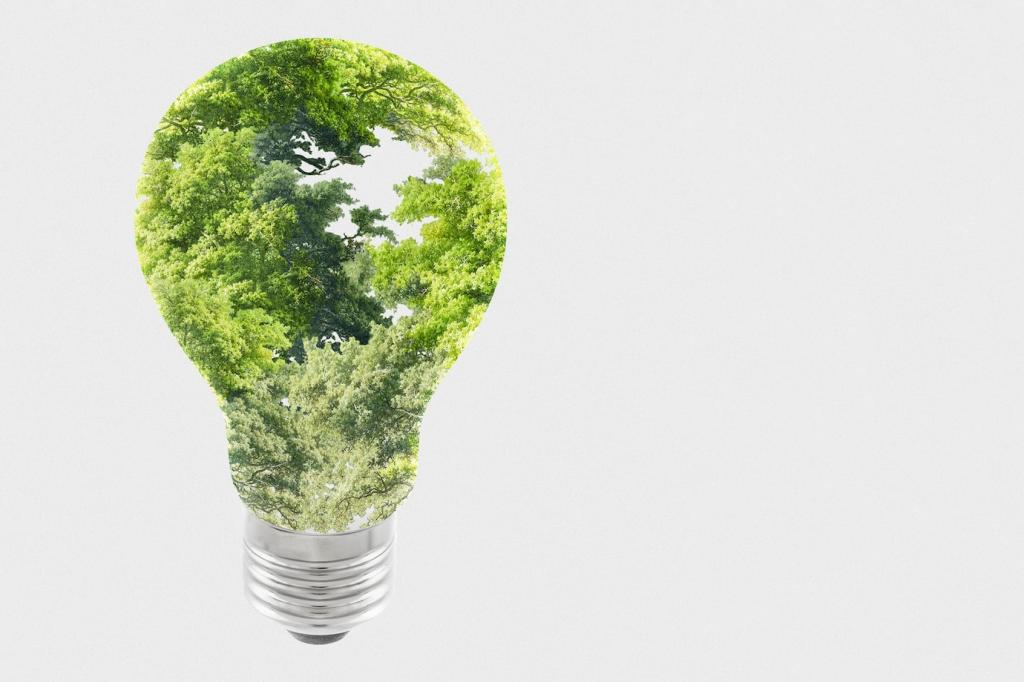Sustainable Living with Smart Home Devices
Sustainable living has become a vital pursuit in today’s world, blending eco-conscious choices with the comforts and efficiencies of modern technology. Smart home devices serve as powerful allies on the journey to reduce our environmental impact without sacrificing convenience. By seamlessly integrating automation, monitoring, and adaptability into everyday routines, these devices empower individuals and families to adopt more responsible energy use, minimize waste, and foster habitats that are both comfortable and conscientious. In this guide, we delve into the multifaceted ways smart home technology enables sustainable living, exploring innovations that cater to energy management, water conservation, waste reduction, and the nurturing of a truly eco-friendly lifestyle.
Smart Energy Management

Leak Detection Systems

Smart Irrigation Controllers

